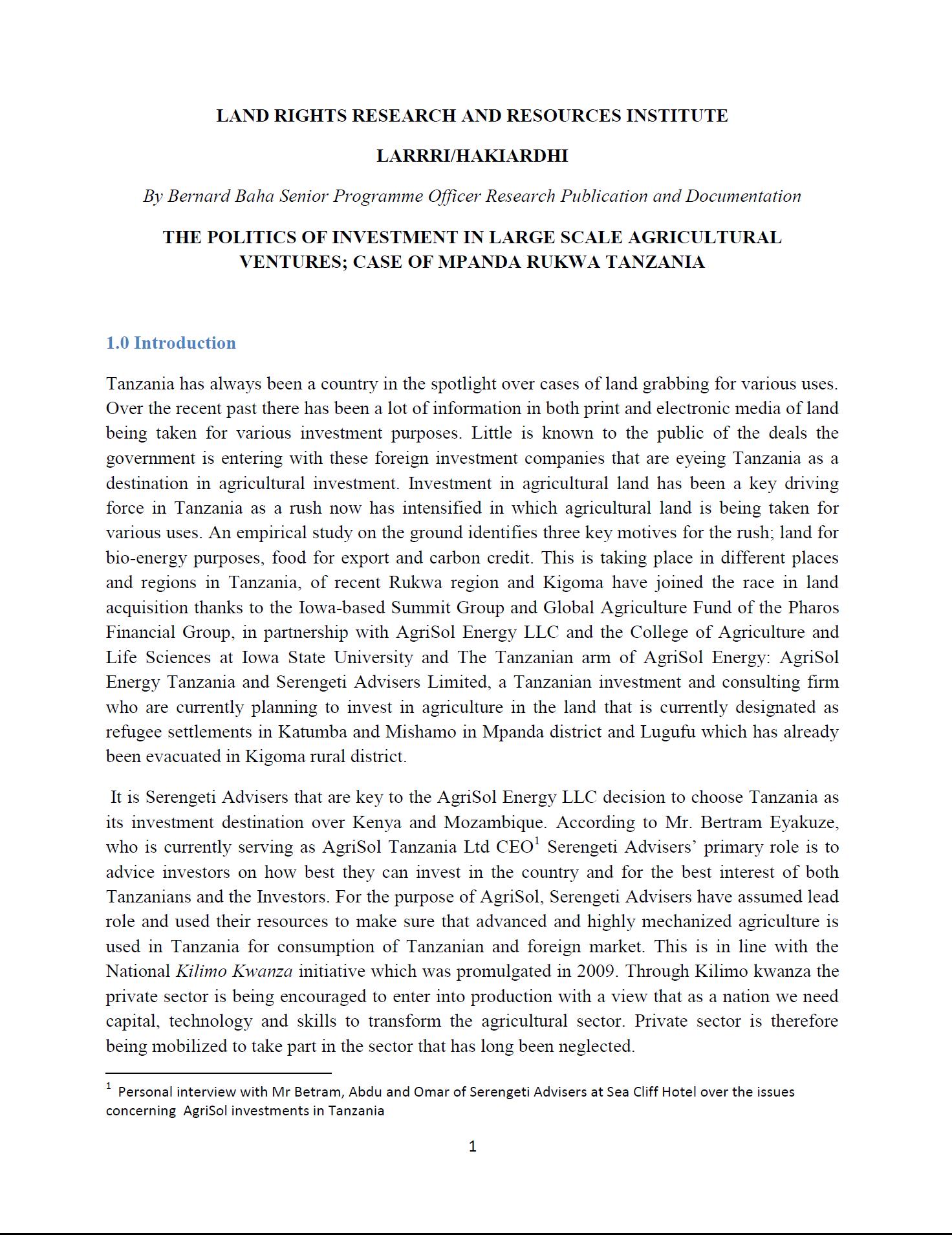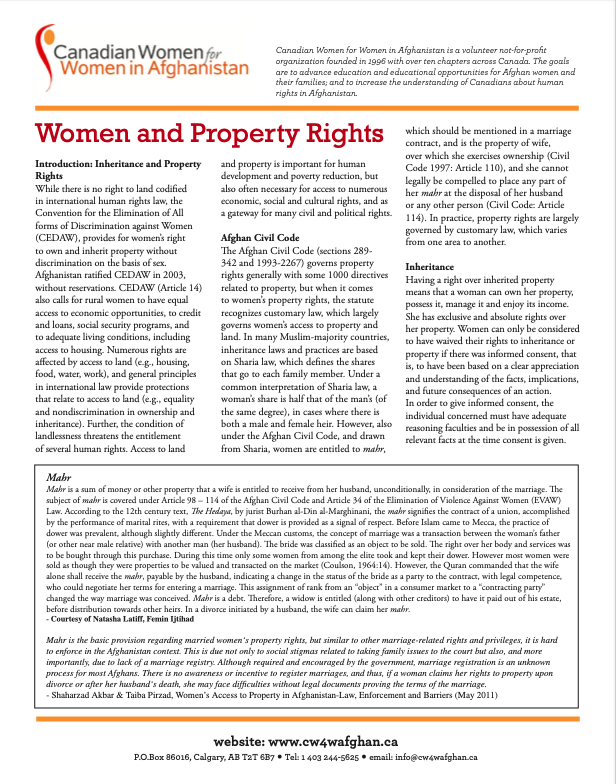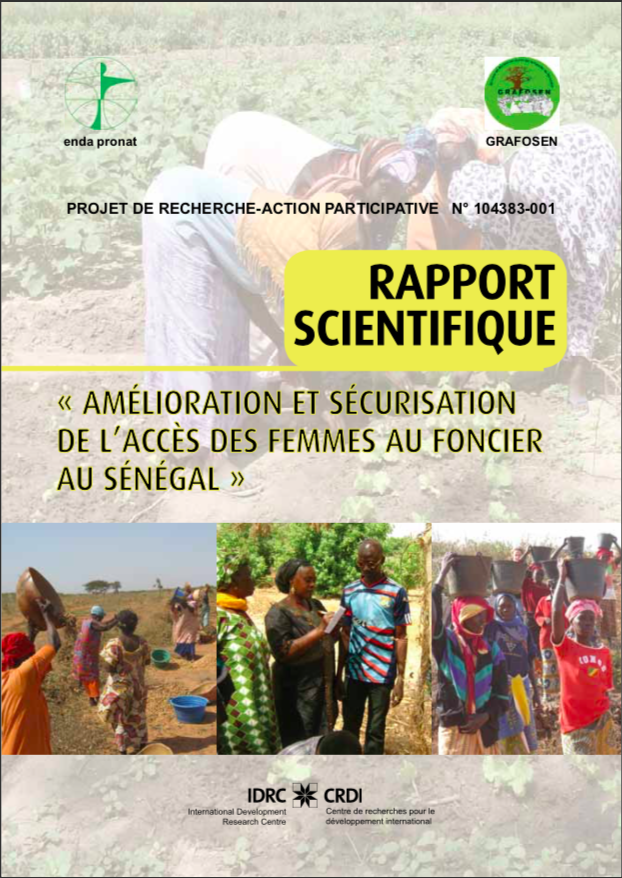Local solutions gain ground in East Africa
In Uganda, Tanzania, and Kenya, a decentralized approach to land administration promises more accessible dispute resolution and a better deal for women. Among the challenges however, are old social attitudes that pre-empt discussion about women’s right to control land. In Lira district, for example, in-laws and land-grabbers routinely chase widows off land. A “viciously vibrant land market” often means that women are swindled in Bugunda district.










